SEATTLE, WA — As Seattle gears up for another Seafair weekend, one local woman’s legal challenge and emotional story are casting a shadow over the U.S. Navy Blue Angels’ annual airshow performances. Lauren Lombardi, a Seattle-area resident, has filed a federal lawsuit claiming the thunderous jet noise not only worsened her terminally ill cat’s condition but that she was later silenced by the Blue Angels on social media when she tried to voice her concerns.
A Cat’s Final Days, Disrupted by Jet Noise
According to the lawsuit, filed on July 21, 2025, Lombardi’s 17-year-old cat, Layla, was already battling congestive heart disease when the Blue Angels began conducting low-altitude flight practices over Seattle in the summer of 2024. Lombardi asserts that the intense jet noise deeply distressed her sedated and frail pet.
“Even through the narcotic fog of sedation and her weakened state,” the lawsuit reads, “Layla’s primitive limbic system overruled her medication and she fled in primal panic beneath furniture, her labored breathing escalating to clinically dangerous levels.”
Layla’s condition deteriorated rapidly, and despite hospitalization, she was euthanized on August 11, 2024. Lombardi describes her cat’s final days as a heartbreaking descent into fear and physical distress, directly linked to the Blue Angels’ flyovers.
From Grief to Instagram Block
In July 2023—prior to Layla’s death—Lombardi had already expressed concerns about the airshow via comments and direct messages to the Blue Angels’ official Instagram account. One message read:
“Stop with your [expletive] bull****, you are terrorizing my cat and all the other animals and wildlife. [Expletive] off.”
By August 5, 2023, Lombardi says her Instagram account was blocked by the Blue Angels’ social media administrators, who are named in the lawsuit alongside a Blue Angels commanding officer. Because the Blue Angels account is a public-facing government platform, Lombardi claims this block constitutes a violation of her First Amendment rights.
“The act of blocking her account imposes a viewpoint-based restriction on her ability to petition the government for redress of grievances,” the lawsuit argues.
This block remained active a year later, preventing Lombardi from commenting again after her cat’s death.
Legal, Ethical, and Emotional Fallout
The lawsuit raises broader constitutional questions about freedom of speech on government-run social media platforms—a legal gray area that’s gaining attention across the country. KOMO News reached out to the Blue Angels for comment but has not yet received a response.
Meanwhile, Lombardi’s case is amplifying existing criticism of the Blue Angels’ airshows in Seattle. Local activists and concerned citizens have long argued that the airshows create hazardous noise and air pollution, disturb veterans with PTSD, and negatively impact wildlife—especially orcas in the Puget Sound.
Grassroots Movement Grows
A billboard erected this week in Seattle’s Rainier Valley boldly reads “Say No to Blue Angels,” a campaign led by the Air Show Climate Action Coalition, which is also circulating a petition demanding changes to Seafair and how the air shows are conducted.
Online, Facebook groups have emerged where residents share stories of dogs trembling during the flyovers, children covering their ears in distress, and families temporarily leaving town to avoid the noise.
“This isn’t about patriotism,” one local resident posted. “It’s about public health, respect for trauma survivors, and environmental impact.”
A Tradition Under Scrutiny
The Blue Angels have performed at Seattle’s Seafair since 1972, thrilling crowds with high-speed maneuvers and celebrating naval aviation. Their supporters see them as a proud symbol of military excellence and national pride.
“The Blue Angels have the unique ability to highlight the importance of naval aviation while honoring its historical significance,” reads a statement from the commanding officer on the group’s official website.
However, as public sentiment becomes more divided, pressure is mounting on city officials and event organizers to reconsider how and where future performances take place. For now, Seafair 2025 will continue as planned—but with more public scrutiny than ever before.
What Happens Next?
Lauren Lombardi’s lawsuit seeks not only accountability for the trauma she says her cat endured, but also a broader precedent-setting decision on censorship by government-run social media. Legal experts suggest the case could join others that are shaping how First Amendment rights apply in digital spaces managed by public agencies.
In the meantime, Lombardi has made her intentions clear: she wants justice not only for Layla, but for everyone who feels unheard in the roar of the Blue Angels’ engines.
Related Resources:
If you or your pet are sensitive to loud noise, check Seafair flight schedules and consider noise-canceling measures or temporary relocation.

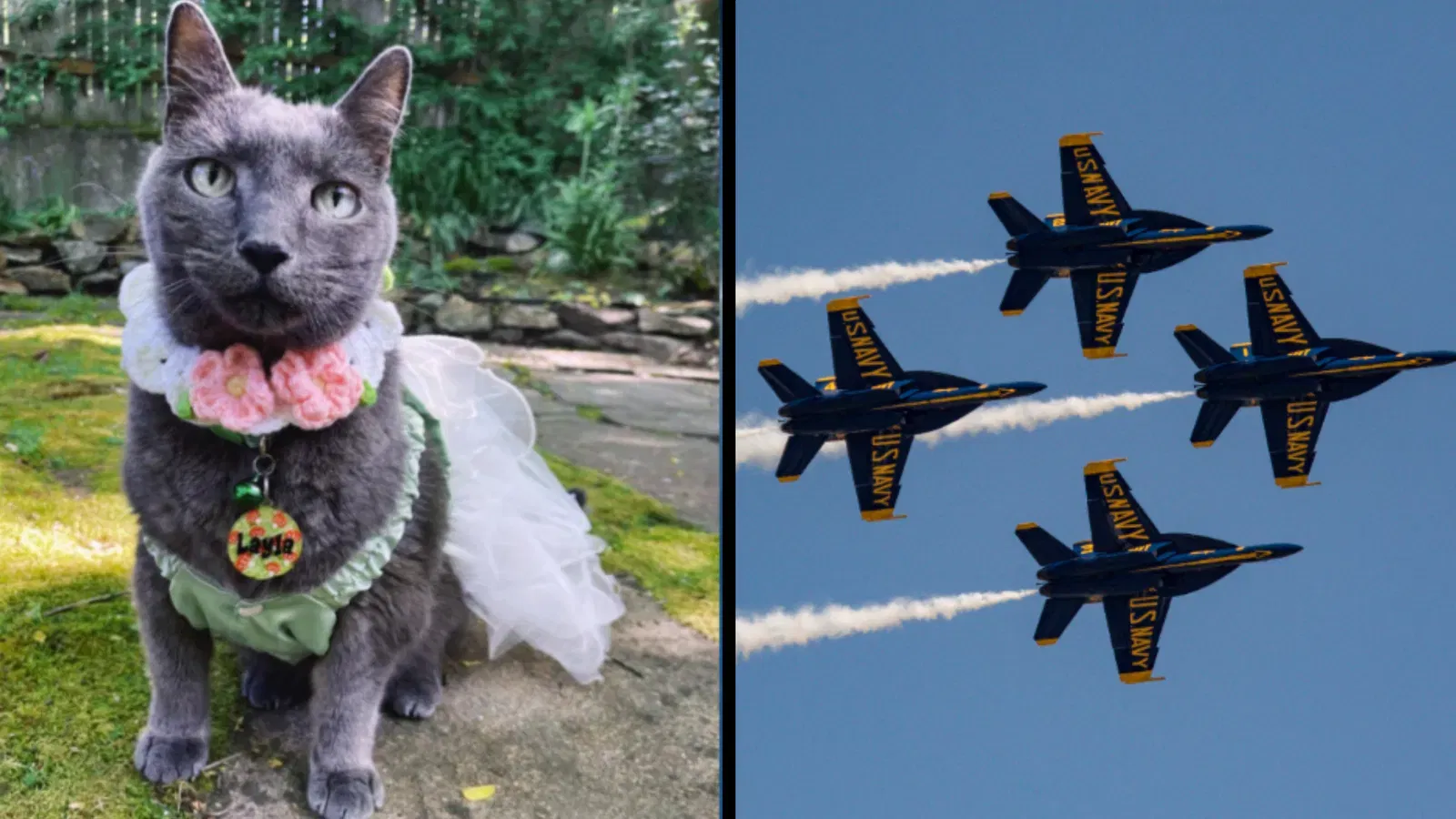


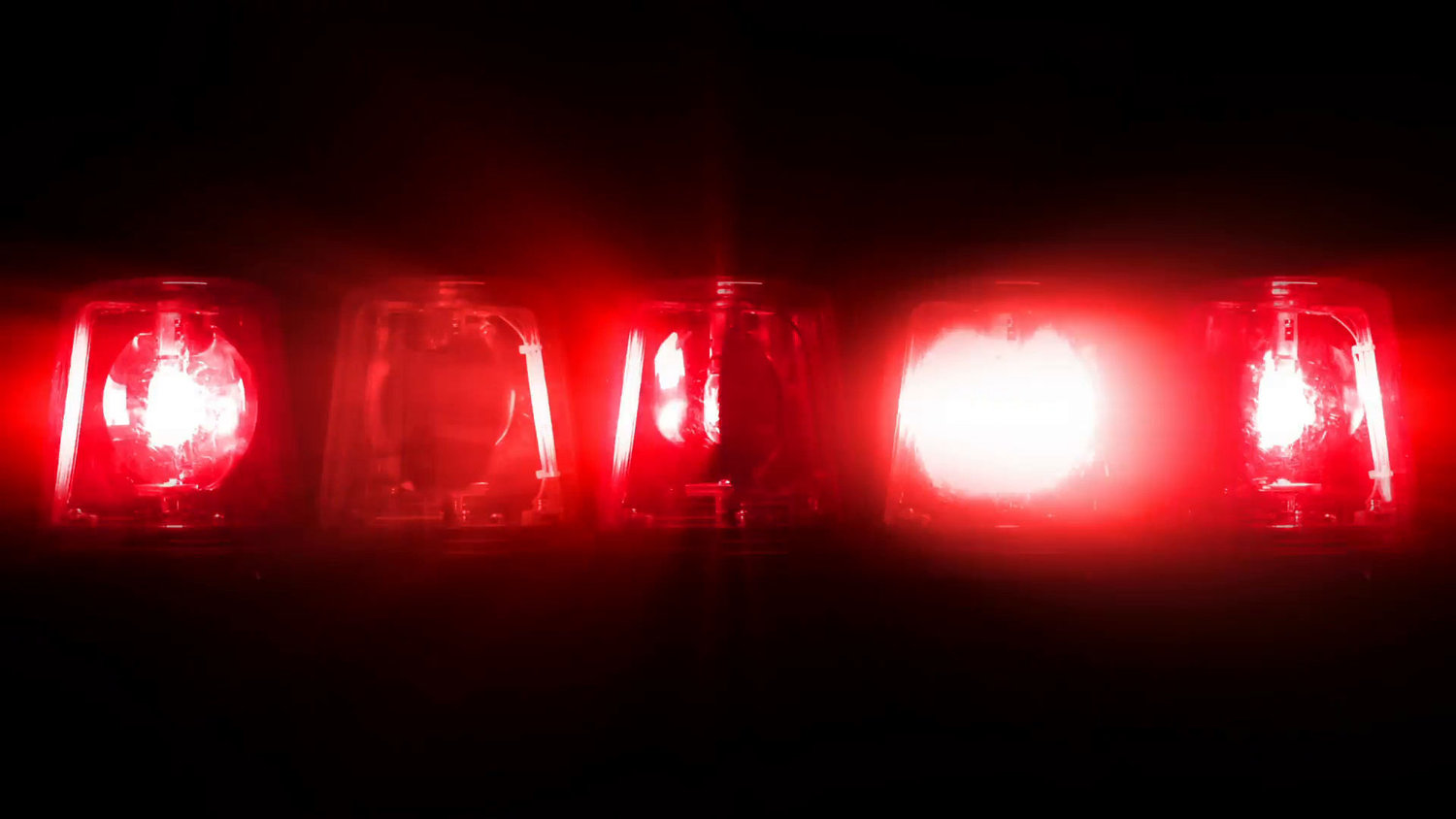

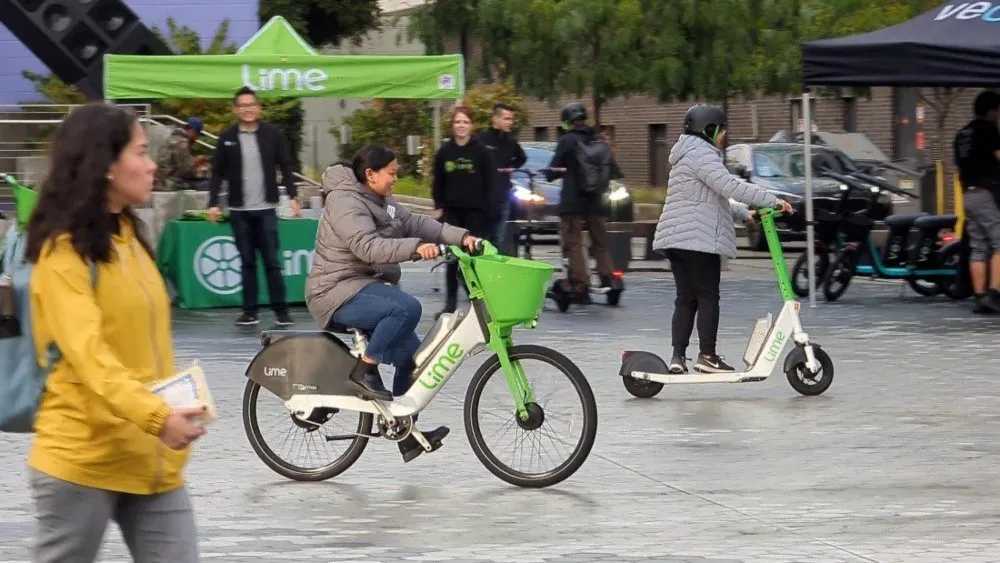
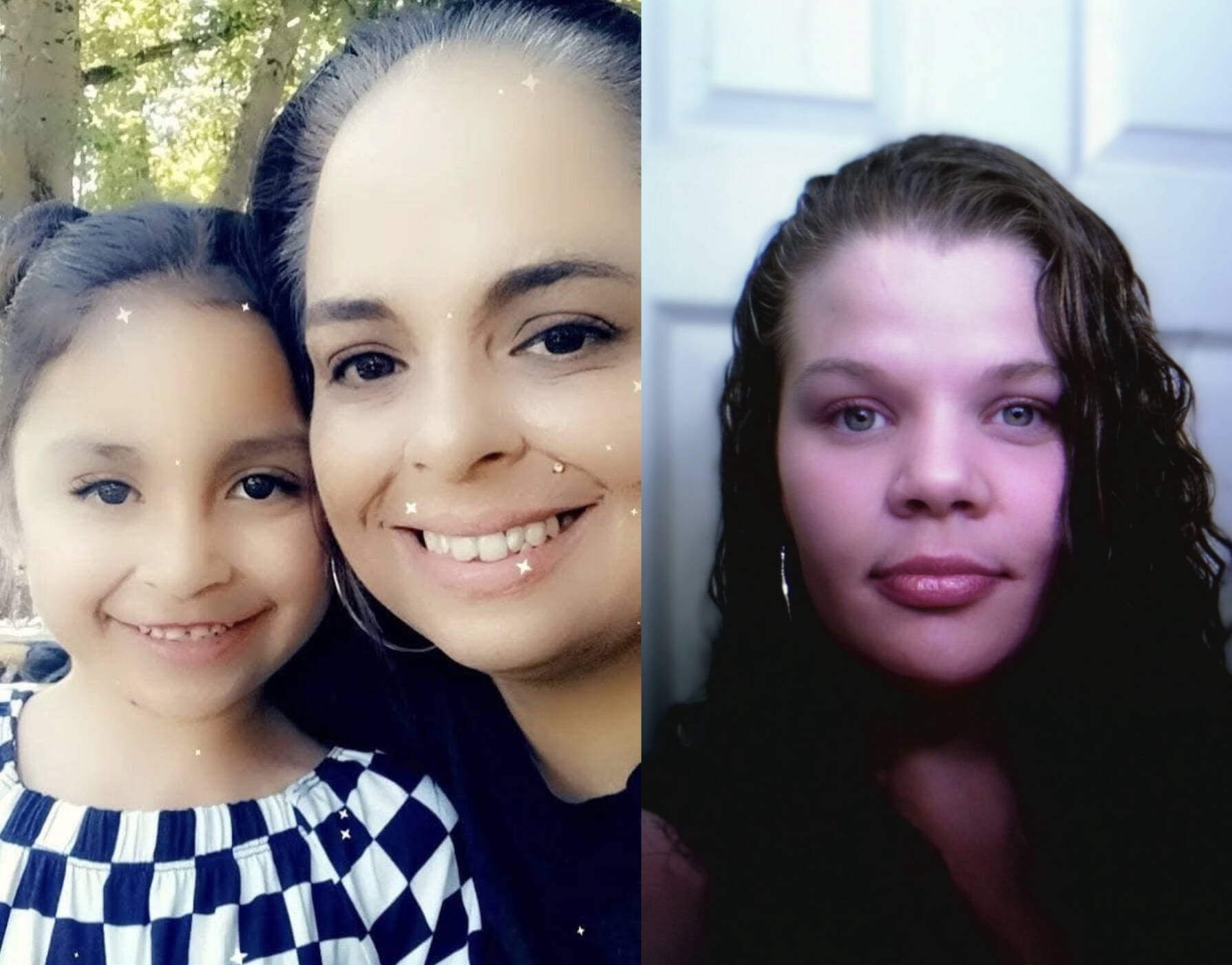
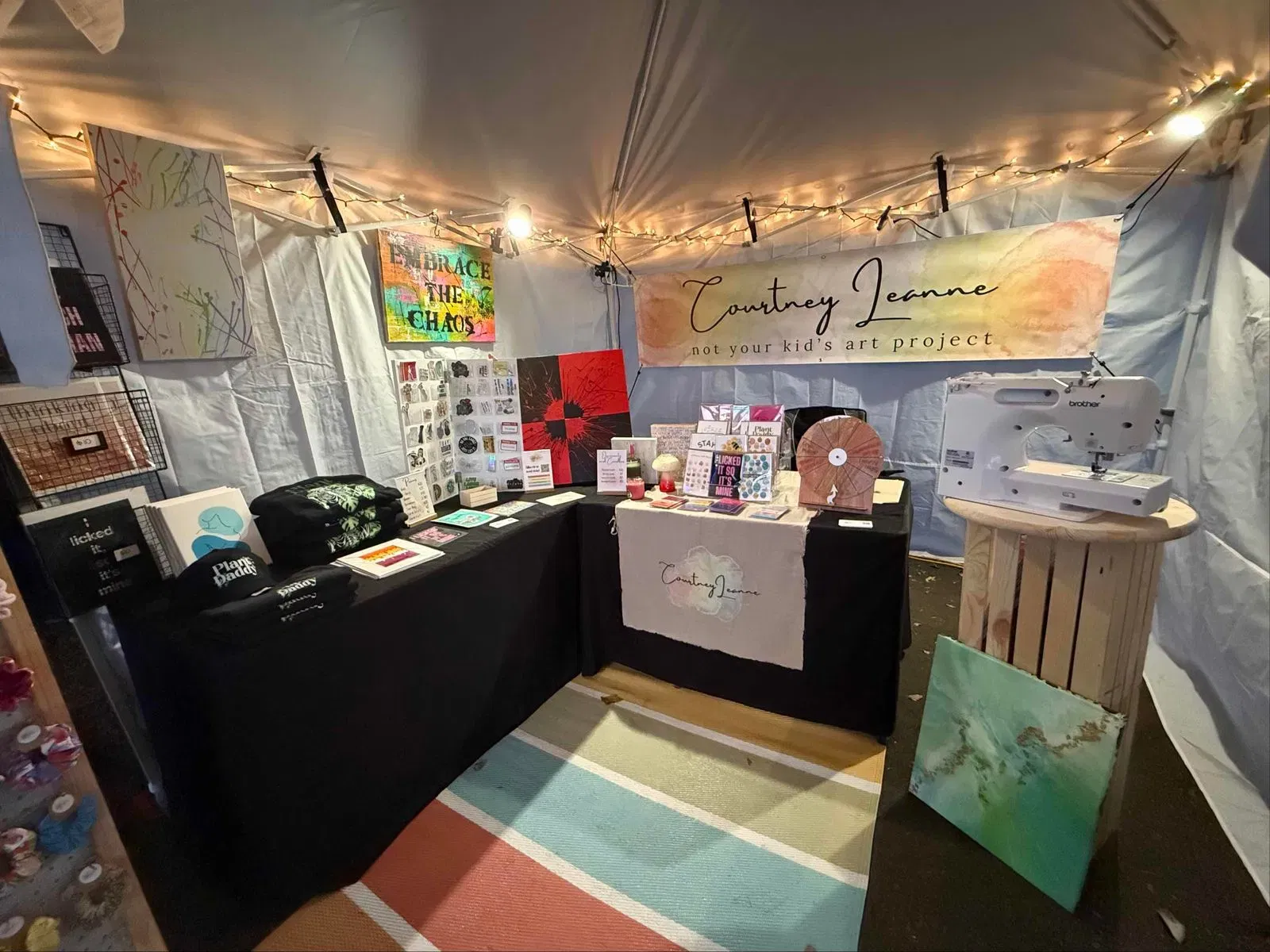
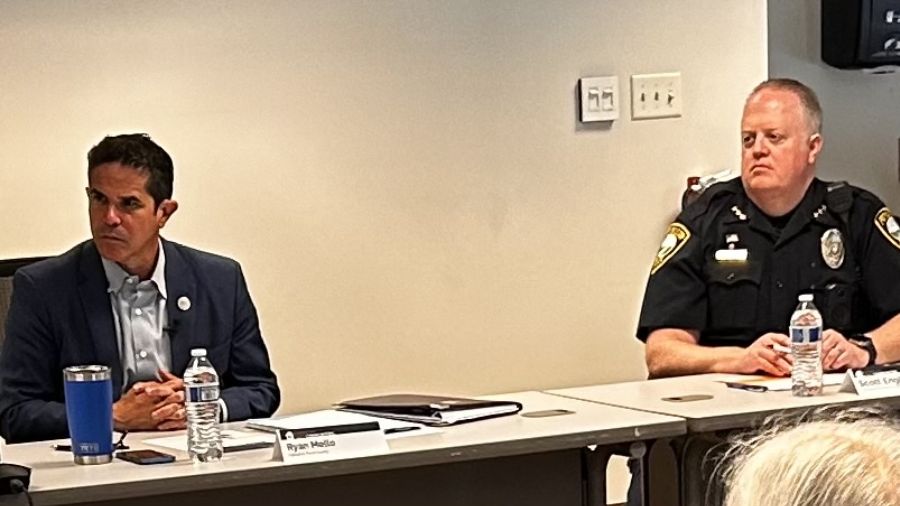






Leave a Reply